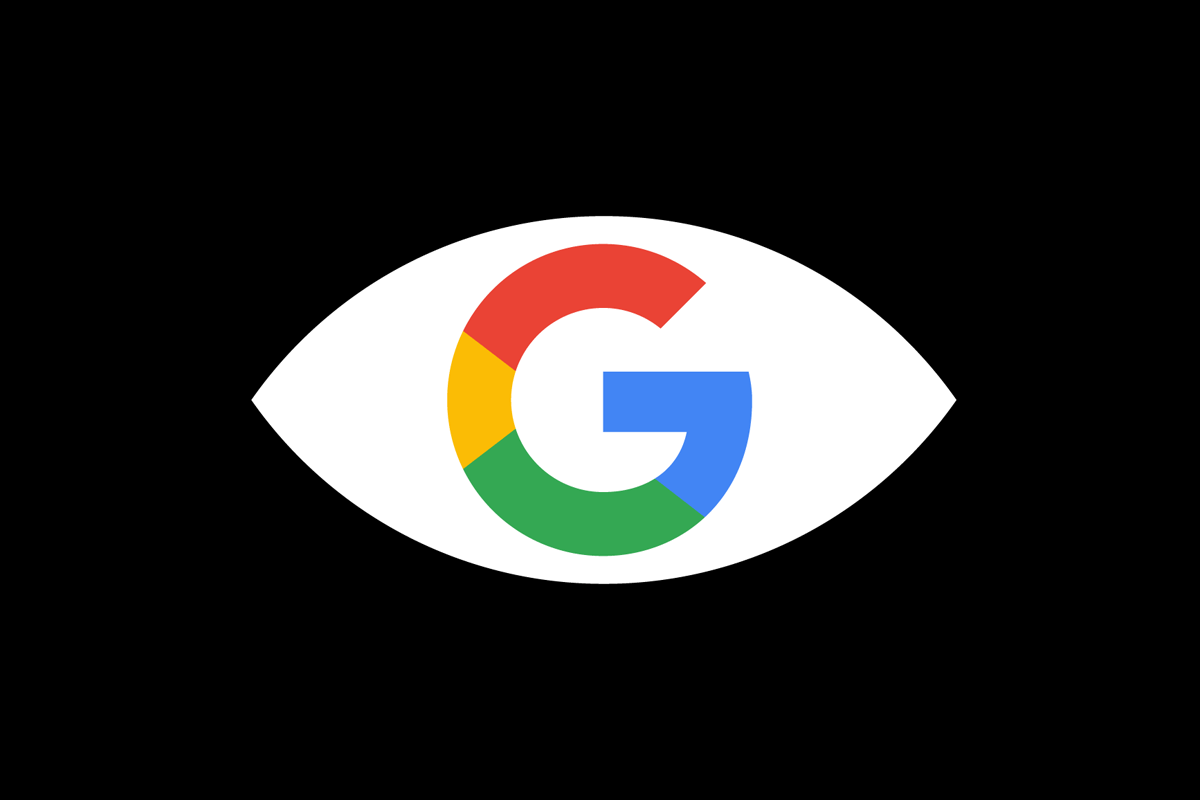One of the very best thing about the internet is that, algorithms can do all the heavy work, leaving us humans to monitor them and get the data we need.
As the largest online company, Google is sure doing its best to deliver what it can to its users. That includes giving the best the user experience wherever users are on the web.
The most prominent way that helps Google in doing that, is by tracking its users.
Call it a stalker, but the internet has changed ever since.
This is because using trackers to understand users' habit, hobby, interests, age and more. Google that is keeping up with the everchanging trends that happen on the web, can deliver that experience to users whenever and wherever they are.
For better or worse, users are indeed in Google's grasp.
According to Google:
The company can track users from services that include:
- Google apps, sites, and devices, like Search, YouTube, and Google Home.
- Platforms like the Chrome browser and Android operating system.
- Products that are integrated into third-party apps and sites, like ads and embedded Google Maps.
The activity information Google collects may include:
- Terms you search for.
- Videos you watch.
- Views and interactions with content and ads.
- Voice and audio information when you use audio features.
- Purchase activity.
- People with whom you communicate or share content.
- Activity on third-party sites and apps that use our services.
- Chrome browsing history you’ve synced with your Google Account.
Here, the amount of information Google gathered is astoundingly large. With billions of users, everyone is unique, and Google is tracking them all, even when they're unaware of it.
Google is doing this to:
- Provide its services.
- Maintain and improve its services.
- Develop new services.
- Provide personalized services, including content and ads.
- Measure performance.
- Communicate with users.
- Protect Google, its users, and the public.
But there are people who just hate Google following them. Since scandals surrounding the world's largest internet companies considering the data they collect from consumers, have led many people to opt out of Google to use other services, and even tried to investigate the devices they use, just to avoid Google.

While there is no guarantee that you can turn off Google's excessive tracking services, there are some things that can happen when you restrict Google.
First of all, let's get down to the fact. Yes, Google knows a lot about you. The search giant may know where you live, what's your occupation, your internet history, you activities on your phones, your hobbies and habits and more, but it only knows that much about you, but sometimes.
Companies like Google can seemingly know much about you, but that is only at first glance. They may know about your sexual orientation and political views, for example, or capable of showing ads about a product that you just Googled a few minutes ago, but no, Google doesn't clearly know who you are.
Google can often be wrong about you. For example, it may conclude that you're a young male, while in fact you're a middle-aged woman.
The reason for this mistake is because the information on the web it is collecting, can be misleading. Google uses its own algorithms and metrics to squeeze as much information from you as possible, but they can be wrong in their findings due to the inaccurate and ambiguous data it gathered from you.
But in other times, Google can be pretty accurate, and that should be scary for those privacy-concerned individuals.
So what will happen when you stop Google from tracking you?
First and the easiest way to do it, is to turn off location services on your device.
You can then restrict Google even more by turning off (pausing) Web & App Activity, Location History, Device Information, Voice & Audio Activity, YouTube Search History and YouTube Watch History on your Google account's Activity Controls.
Doing these will disrupt Google user experience.
For example, Google is hardcoded on Android devices, and turning all the above would make Android much less useful. So from finding weather condition to browsing and navigating, to recommended videos on YouTube. Those services can all become somehow not anymore tailored to your preferences. They can turn from useful to annoying or ridiculous.
Your search engine results pages and news feed also become less personalized, too.
What's more, some apps may also load slower than usual.
The good things that will certainly happen is that, your devices should last longer on a single charge. Your device would be using a lot less data, too. This is because your phone isn't working and sending that much data to Google anymore. If your phone usually overheats a lot, without Google tracking you, your phone will also stay relatively cooler.
While Google can still track you, but it can't do much because you're not allowing it to customize experience. It's like telling Google to show the bare Google. In order to get the same experience, without Google tracking you, you need to do a lot of typing and searching to get to the same idea.
So, what can happen when you turned off Google's tracking services? Well, it didn't and won't totally stop Google from tracking you. But your experience should fundamentally change.
If you ever become irritated by Google in not doing its job properly, you can always turn all those tracking methods back on, and Google will happily welcome you by tracking you back again.
There is certainly a world beyond Google. Without Google, the internet lives on, but it won't be the same, knowing how much grip it as on the entire web.